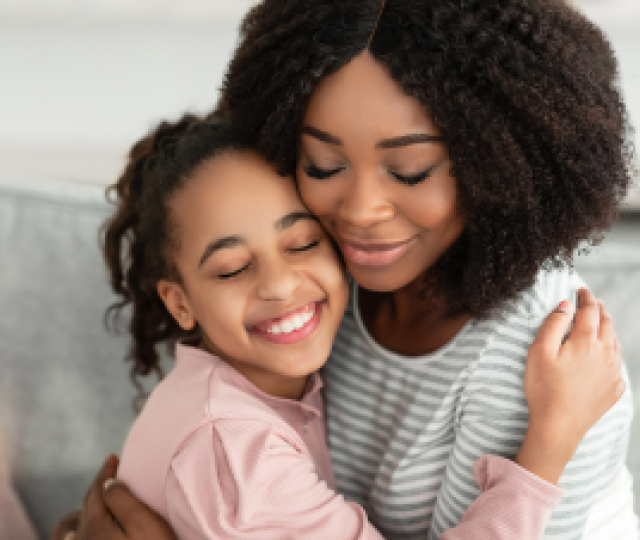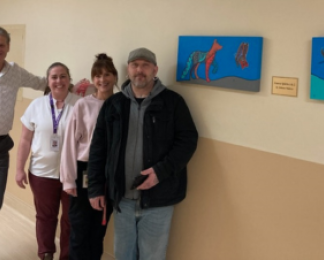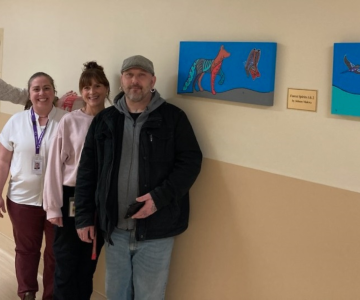Avoiding accidental cannabis consumption
Young children, pets, teenagers and other adults can be affected from accidental cannabis poisonings, particularly from edible cannabis products. Accidental poisonings in children from edible cannabis pose a serious risk, and many edible cannabis products often look nearly identical to regular treats making it difficult to tell the difference. If you suspect there has been an accidental poisoning, call your local poison centre or 9-1-1 for emergencies. Make sure you mention that you suspect the symptoms are from cannabis. A quicker diagnosis can prevent serious harm to a child.














